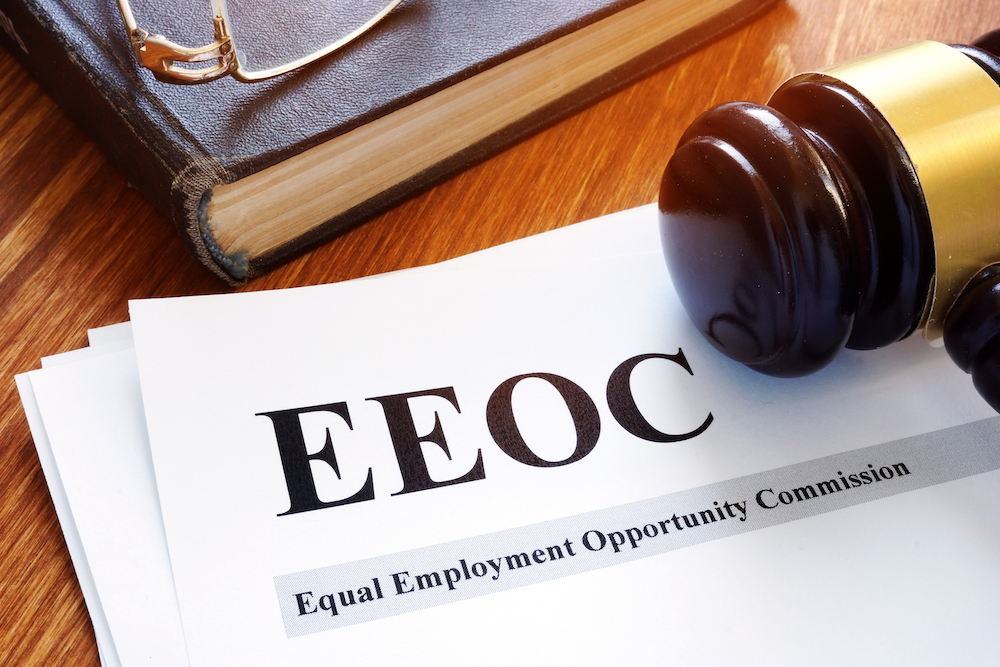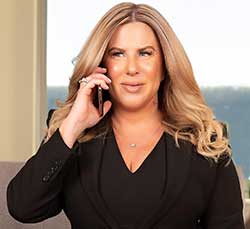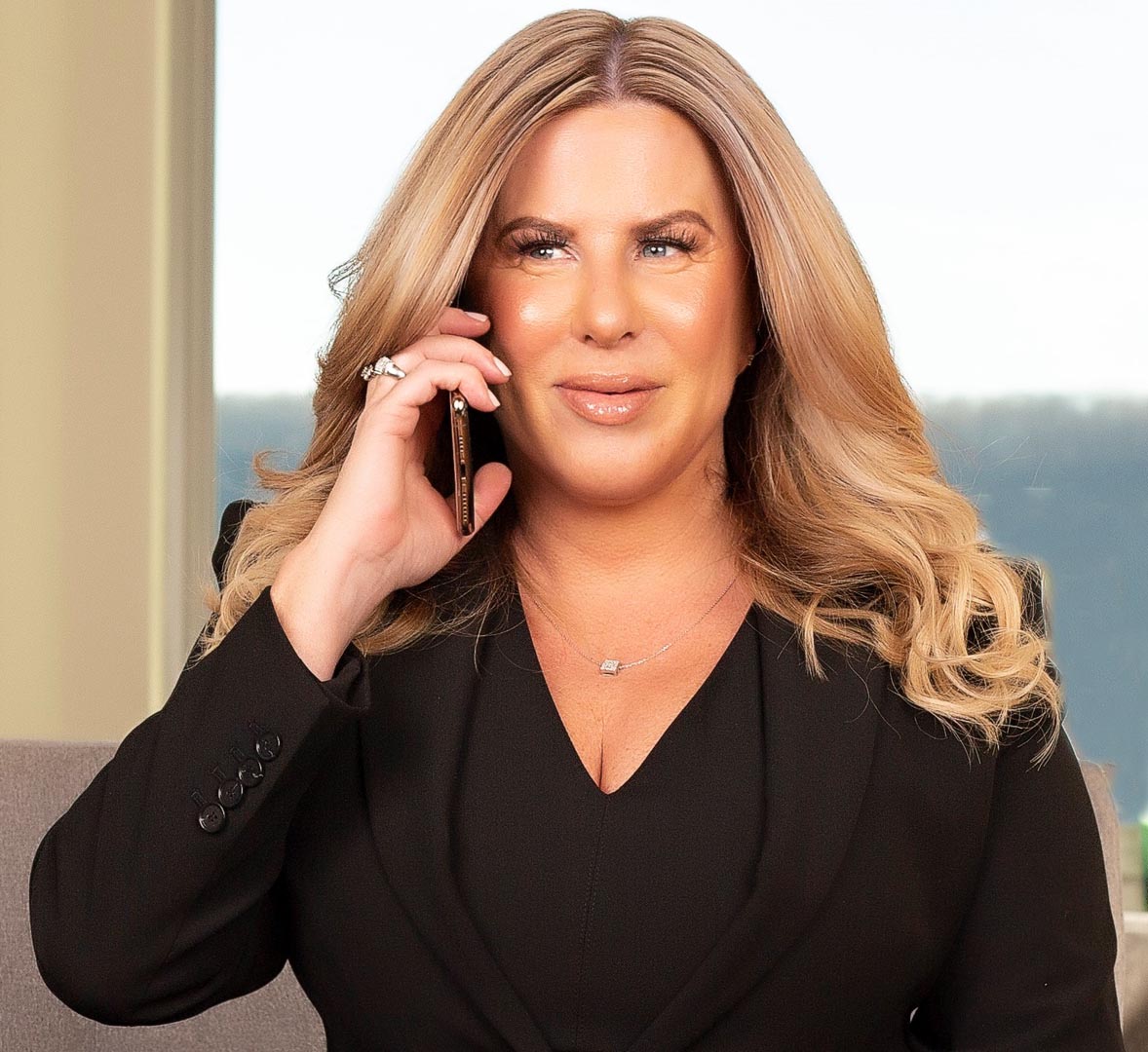By Claudia Pollak, Esq., Updated October 19, 2020
We are a charitable organization and want to be classified as a 501(c)(3) tax-exempt organization. Where do we start?
You’ve selected the board of directors, drafted the bylaws, and successfully incorporated your organization under your state’s not-for-profit corporation laws. From there, the next – and possibly most daunting – task is submitting the necessary paperwork to the Internal Revenue Service to achieve tax-exempt status. Federal tax-exemption is necessary for exemption from local, state, and federal taxes, to qualify for many types of grants, and to be eligible to receive tax-deductible donations and contributions from individuals and other charitable organizations. While filing paperwork with the IRS isn’t exactly the highlight of starting a charity, the process of obtaining tax-exemption need not be stressful -– especially with the right support.
Basics of Filing for Tax-Exemption
As with any IRS exercise, applying for tax-exempt status will require the submission of various forms and information detailing the organization’s purpose and governing body, beginning with Form 1023 – Application for Tax-Exempt Status. In order to gain retroactive tax-exempt status, you must file Form 1023 within 27 months of the official date of formation. To get started, Form 1023 will require the following information:
Once complete, the forms and a copy of the articles of incorporation and several other documents must be filed with the IRS for consideration. These include a statement about the organization’s mission and purposes, and a copy of the conflict of interest policies as well as the bylaws, trust agreement, or another applicable governing instrument. Once the tax-exempt status is obtained, charitable organizations enjoy shelter from income, property, and various other taxes. Additionally, the organization’s benefactors enjoy a tax deduction for their donations to the charity.
If you are a new or existing charitable organization and would like to discuss your options in obtaining tax-exempt status, please do not hesitate to contact Westchester County business law attorney Claudia Pollak today at (914) 908-6220.




